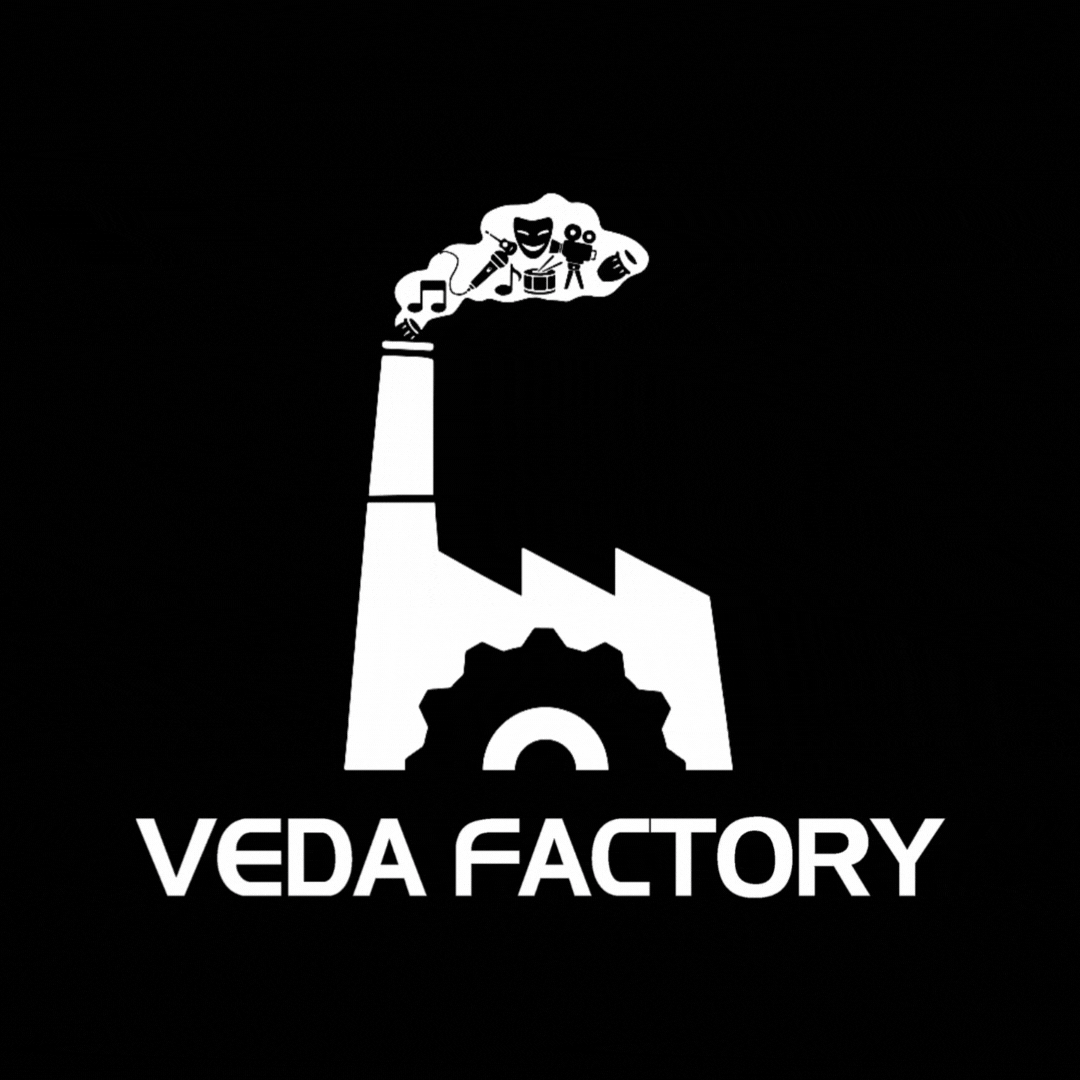
Theatre is an art form that includes many different techniques and genres. Improv theatre is one of the essential parts of the theatre that has been celebrated with masses of spectators and artists but has also remained an underrated gem.
Improv theatre is also known as Improvisation theatre. Improvisation is actually a technique that is used by performers to enhance their performances on the spot without any preparation, it exists in performances as a range of types of improv comedy as well as some dramatic theatrical performances. It is utilized in films, both to enhance scripts and occasionally as part of the final product.
In improv theatre, the entire performance is unscripted and unplanned. The complete show or program is showcased spontaneously by the performers. The performers create the dialogue, action, story, and characters collaboratively as the improv performance unfolds without any prepared or written script. It mainly consists of comedy or comedy drama or just drama as it is always undecided as it completely depends upon the progression of the performance.
This form of art roots back in the Attelan farce of 391 BC, but it majorly came into force from the period between the 16th and the 18th century when Commedia dell'arte performers performed improv based on a broad picture realism in the streets of Italy. In the 1890s, theatrical theorists and directors such as the Russian Konstantin Stanislavski and the French Jacques Copeau, founders of two major streams of acting theory, both accumulated improvisation in acting theory in an absolutely strong way.
Since then various performers till present times use improv as a technique to grow as an actor as it enhances the confidence level and stability of the performers because it focuses on the accuracy and spontaneity of the art. This unique art form is an exceptional treat for performers and spectators as both of them are curious as well as clueless about what shall be delivered and what shall be received.

Comentarios